Teaching the Whole Child: Instructional Practices That Support Social-Emotional Learning in Three Teacher Evaluation Frameworks
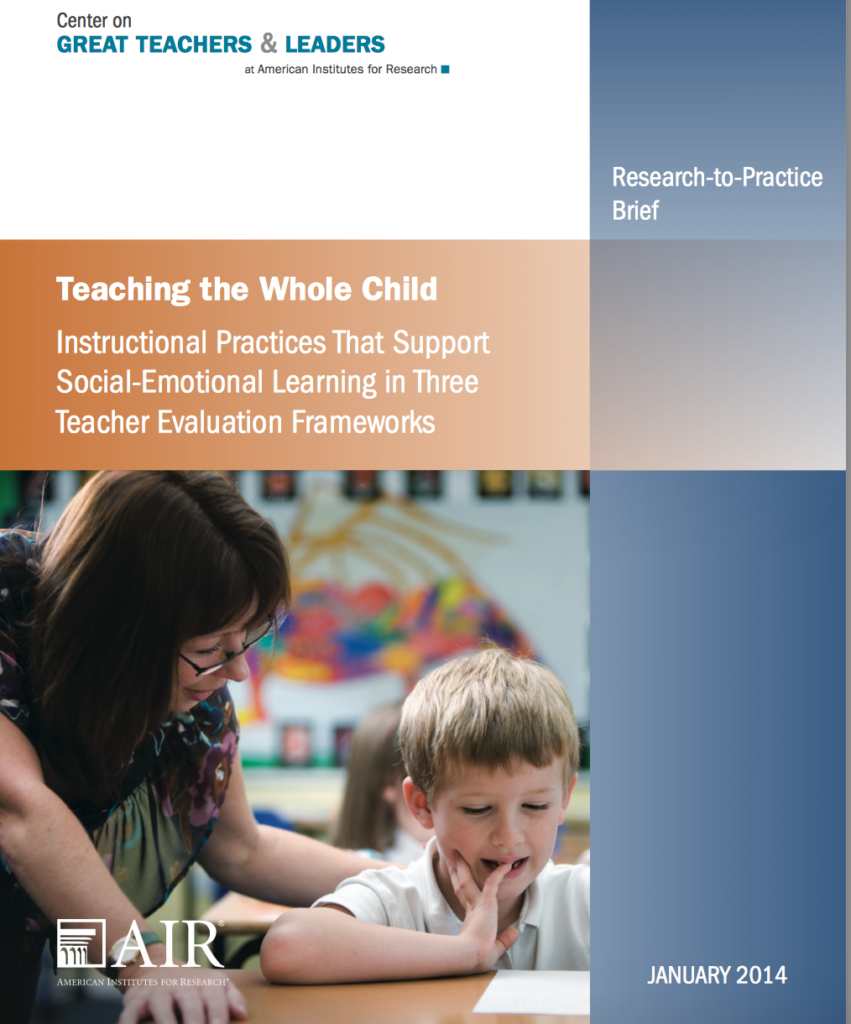
This research-to-practice brief explores teaching practices that promote social-emotional learning (SEL) and positive learning environments. The author begins with an overview of SEL and discusses action steps policymakers and educators can take to support it. Next, the brief provides an overview of 10 teaching practices that encourage the development of SEL. These practices were identified… Read More ›
Restorative Justice in U.S. Schools: Summary Findings from Interviews with Experts
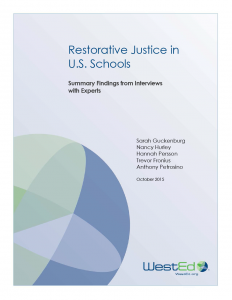
This report provides an overview of the rise and reasons for the use of restorative justice in schools and a summary of practices currently being used. It also explores the successes and challenges of these practices. The report includes a list of related, relevant reports/research on the topic. Of note are “Restorative Justice in U.S.… Read More ›
Social Emotional Learning in High School: How Three Urban High Schools Engage, Educate, and Empower Youth

This research series from the Stanford Center for Opportunity Policy in Education documents practices at three small urban high schools that effectively leverage a systemic school-wide focus on social and emotional learning to educate and empower their students. These schools work to educate the “whole child” by building their ability to know themselves, grow and… Read More ›
Connecting Learning to Careers

In this article, Hamutal Bernstein, research associate at the Urban Institute, explores the many ways that Connected Learning is a personalized approach to learning that is beneficial to students in today’s classrooms. Young people are living their lives in densely connected, media-saturated contexts, connecting to peers through social media. Connected Learning aims to harness this… Read More ›
Looking Under the Hood of Competency-Based Education
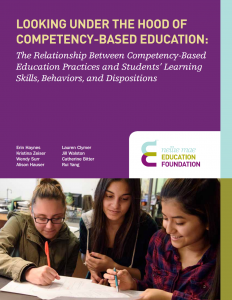
This study by the American Institutes for Research rigorously examined the relationship between competency-based education (CBE) practices and changes in these learning capacities (such as the skills, behaviors, and dispositions that enhance student capacity to learn in school). CBE, an instructional approach that emphasizes what students learn and master rather than how much time they… Read More ›
The Impact of Enhancing Students’ Social and Emotional Learning: A Meta-Analysis of School-Based Universal Interventions
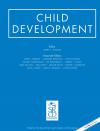
This research report, published in 2011, is a frequently cited document in the field of social-emotional learning (SEL). The study looked at 213 school-based SEL programs designed for students in kindergarten through high school. Compared to controls, students who participated in these SEL programs demonstrated improved social and emotional skills, attitudes, behavior, and academic performance.… Read More ›
Social-Emotional Learning Assessment Measures for Middle School Youth
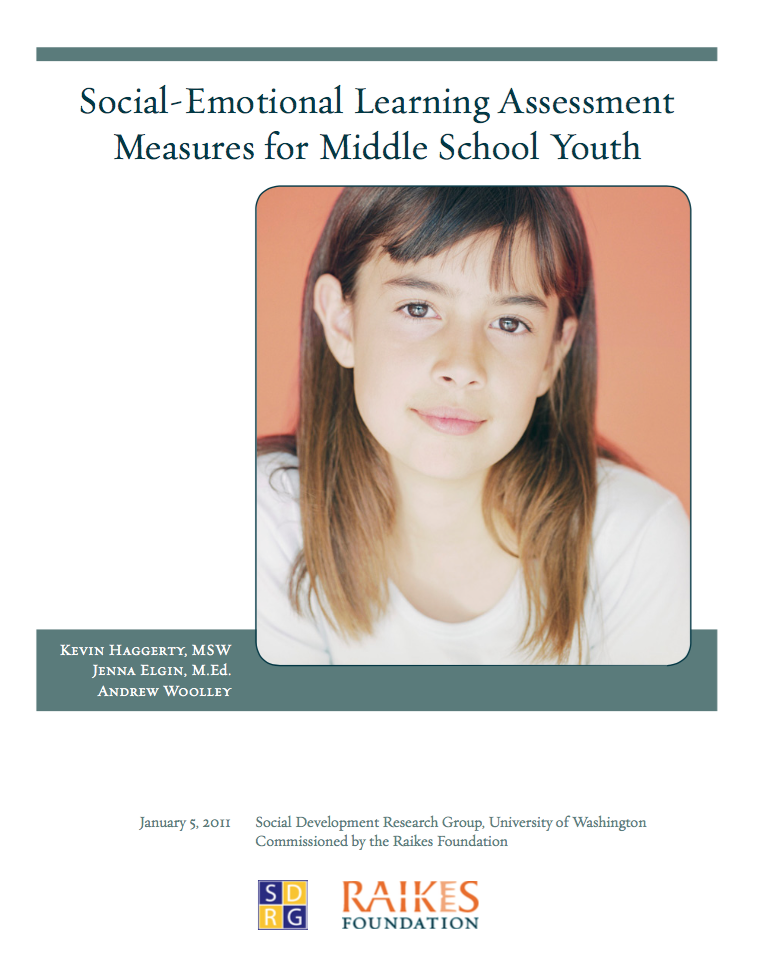
This 2011 research review was designed to assist middle school educators with choosing appropriate measures of social and emotional skills over time. Children with strong social and emotional (SEL) skills have been shown to excel in school, and quality SEL programs are imperative to address the social, emotional, and academic needs of students. The purpose… Read More ›
Teachers Still Struggling to Use Tech to Transform Instruction, Survey Finds

This article documents findings from a survey that was conducted by the Education Week Research Center for the 2016 edition of Technology Counts. The results of the survey suggested that teachers, on the whole, still face systemic challenges in adapting their instruction to new technologies in transformative ways. The survey was conducted online in April 2016, with participation… Read More ›
Measures that Matter Most

This report marks the first time the Next Generation Learning Challenges (NGLC) has asked their networks of innovators to lend their voices to a critical set of questions: how should NGLC go about measuring the success of an educational innovation? And what measures matter most? Next Generation Learning Challenges represents some of the nation’s most innovative… Read More ›
Common Instructional Framework
The Common Instructional Framework, developed by Jobs for the Future, identifies six strategies for powerful teaching and learning. Forming the basis of a coherent college-preparatory curriculum, these instructional strategies succeed because they engage all students in learning and require them to take an active role in their education. The six strategies to build college readiness… Read More ›
Redesigning School Accountability and Support: Progress in Pioneering States
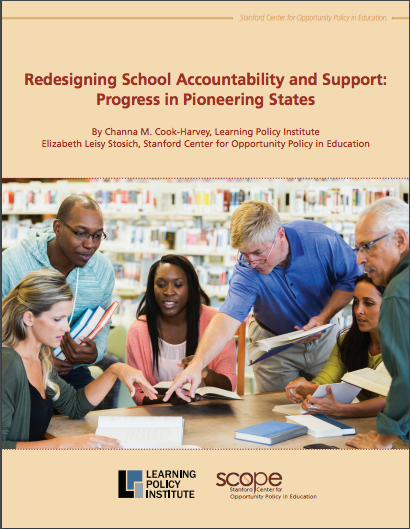
In a report presented by the Learning Policy Institute and the Stanford Center for Opportunity Policy in Education (SCOPE), “Redesigning School Accountability and Support: Progress in Pioneering States” examines the variety of ways these 10 states – including New Hampshire and Vermont – have tackled the challenge of redesigning their accountability systems to create educational… Read More ›
Student-Centered Learning Opportunities for Adolescent English Learners in Flipped Classrooms
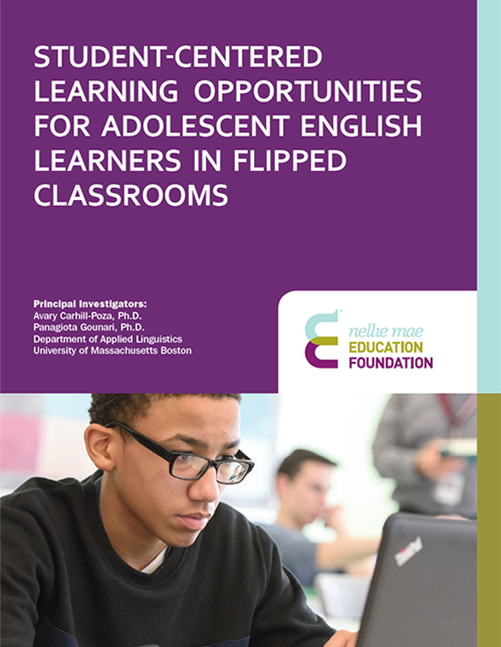
This study from the University of Massachusetts-Boston and the Nellie Mae Education Foundation examines how flipped learning can be utilized to improve the language and content acquisition of adolescent English language learners. As schools look to raise standards and close achievement gaps, they need effective strategies for serving English language learners, the fastest-growing segment of… Read More ›